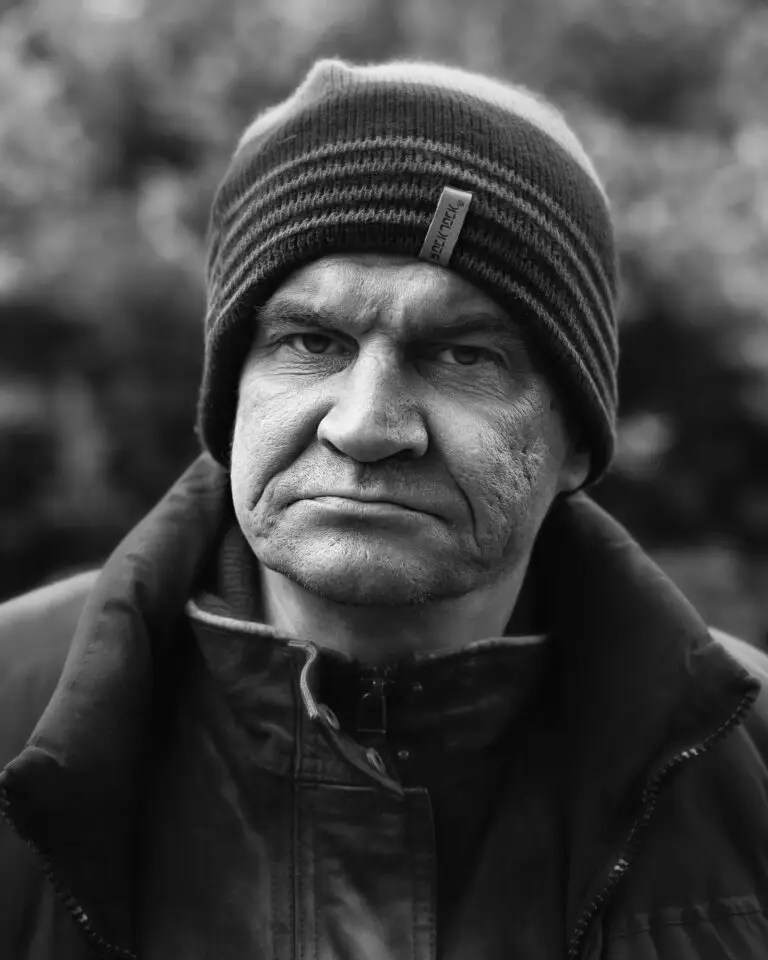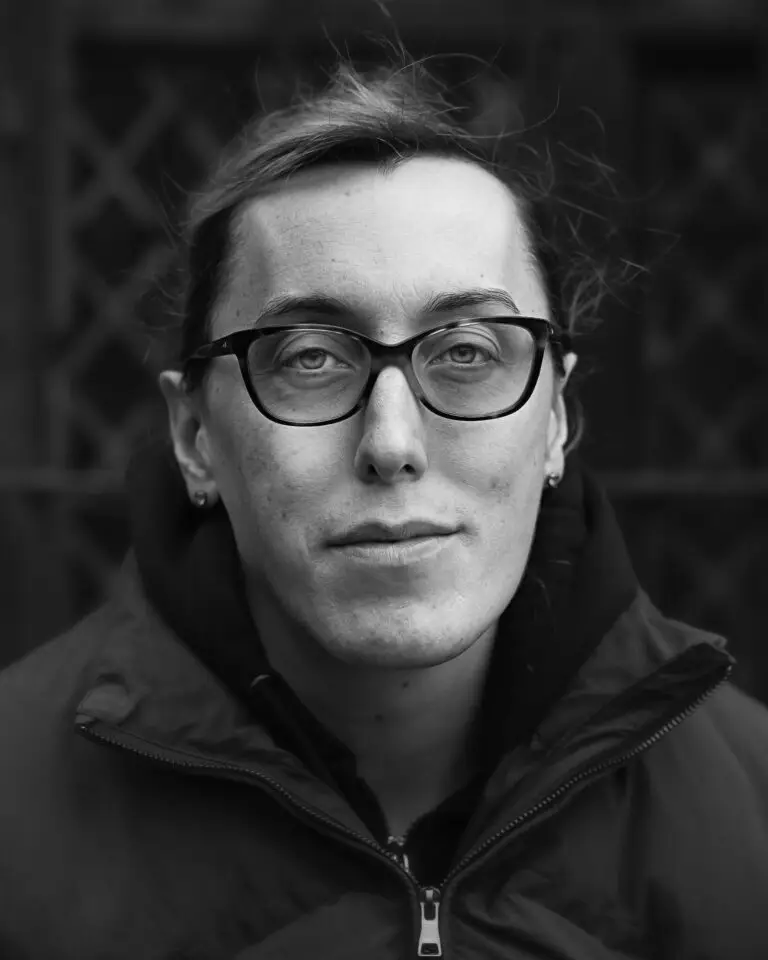For most of my life, I was what people call a “functioning addict.” I could get up, go to work, pay the bills — and still be using. On the surface, it looked like I had things under control. But when my partner took his own life, everything changed.
It wasn’t just the grief. It was like the ground had been pulled out from under me. All the structures I’d kept in place to keep myself going — the routines, the pretence of normality — collapsed. I spiralled. The using got worse. My health started to give way, and I stopped caring about much at all. Eventually, my body forced me to stop. I ended up in hospital with sepsis, and the doctors told me, bluntly, that if things didn’t change, I might not have another chance.
When I left hospital, I didn’t have anywhere to go. I ended up homeless for about a year. A year might not sound like long, but when you’re living it day by day, it’s endless. I stayed in temporary places when I could, but there were nights I just had to make do — train stations, doorways, anywhere I could sit down without being moved on straight away. The cold gets into your bones, but the worst part is the way it chips away at your sense of self. You start to believe you’re invisible, or worse, that people only see you as a problem to be shifted along.
It was a friend who put me in touch with First People. I didn’t expect much at first — I’d had “support” before that was just a list of leaflets and a pat on the back. But this was different. They met me where I was, without judgement. They didn’t expect me to have all the answers straight away. What they did give me was something I hadn’t had in a long time — a place to call my own.
They found me a room in a shared house. It’s not just four walls and a bed — it’s stability. It’s knowing that when I leave in the morning, my stuff will still be there when I come back. It’s having somewhere to make a cup of tea, to get warm, to just breathe without feeling like I’m in someone’s way.
I’ve taken on looking after the house where I live now. I keep the place tidy, sort out little repairs, and make sure the garden’s looked after. It might sound like a small thing, but having responsibilities like that gives me a sense of purpose. It reminds me I can contribute, that I can still be useful. There’s pride in seeing the grass cut, the weeds cleared, the place looking cared for.
Being in a stable environment has given me the space to think about what’s next. For the first time in years, I’m not just reacting to the next crisis — I’m making plans. One of those plans is to go back to college. I want to start a counselling course. I’ve been through enough to know how much it matters to have someone who will listen without judgement, someone who can sit with you in your worst moments and not turn away. If I can be that person for someone else, it’ll be worth it.
I know it won’t be easy. Going back into education after everything I’ve been through will be a challenge. But I’ve learned that the hardest steps are often the most important ones. I’m not aiming for perfection — I’m aiming for progress. Every day I stay clean, every time I choose to keep going, every time I take on something new, I’m building a different life than the one I was living before.
Losing my partner was the worst thing that’s ever happened to me. I’ll never stop missing him. But I also know that if I’d carried on the way I was, I might not be here now. First People didn’t just give me a roof over my head — they gave me the stability to start over. They gave me the chance to see that I still have something to offer, that I can still move forward.
I’m not who I was before, and I’m not who I want to be yet. But I’m on my way. And that’s something I couldn’t have said a year ago.

